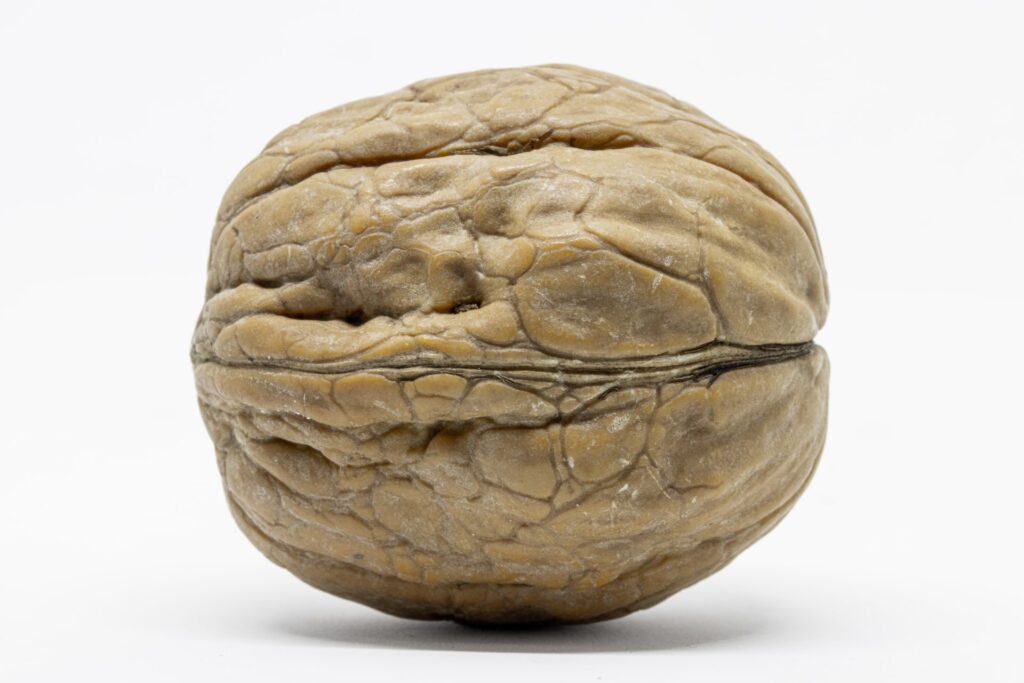
Prostate cancer is a well-known male health problem. Experts consider age to be the biggest factor that increases prostate cancer risk. Once a male reaches the age of 50, his risk of prostate cancer may significantly increase, and this is the case even if he has no family history of prostate cancer. Risks increase for men who have a close relative diagnosed with prostate cancer. The highest incidence rate has been found among men aged between 70 and 80 years of age.
As for the fatality rate, 41% of men who die from prostate cancer were between the ages of 75 to 84. Men aged 85 and above accounted for 30% of prostate cancer deaths. Aside from being male, there are also several other factors that may increase a man’s risk for prostate cancer.
Some of these risk factors include the following.
Race
Statistics show a higher rate of prostate cancer incidence occurred among the African-American population as compared to white American males. However, African and Japanese men residing in their native country were found to have a lower incidence of the disease. The risk appears when they immigrate to the United States.
Experts theorize that this can be due to environmental and lifestyle factors such as dietary differences and the decreased exposure to sunlight. While more research is being done to confirm, indications are that high intake of sugar and dairy correlate with the condition.
Family History – Hereditary Problems
Men with close relatives diagnosed with prostate cancer are at a higher risk of suffering from the disease. Moreover, having a brother or father who has developed the disease doubles a man’s risk. Plus, having a brother who is affected with the disease increases one’s risk more than having a father diagnosed with prostate cancer.
The risk becomes even higher if an individual belongs to a family wherein several members are affected by prostate cancer. Experts reveal that the hereditary form of prostate cancer accounts for up to 10% of all reported cases.
Diet
Many experts say that exposure to a high-fat diet significantly contributes to a male’s risk of developing prostate cancer. Research shows that prostate cancer is more common in people living in countries where their staple food largely consists of dairy and meat products. Recent studies have increasingly implicated sugar consumption also.
It is probable that some of the attributions to genetic links in the disease may be due to dietary similarities, as would naturally occur in most families. More studies to confirm this (or otherwise) are also needed.
Workplace Exposure
Some studies also provide evidence that exposure to substances from toxic, combustible products may also increase the risk of prostate cancer.
Countries And Lifestyle Risks
Although the reasons are not yet clear, researchers have learned that the incidence of prostate cancer is most common in northwestern Europe, North America, the Caribbean Islands, and Australia.
On the other hand, the disease is less common among male individuals living in South America, Central America, Africa, and Asia.
It has to be asked, is this predominantly due to diet and lifestyle factors? The evidence seems to show that it does. Which means that we men need to make good lifestyle choices.
Treatments
Individuals diagnosed with prostate cancer may undergo surgery, cryotherapy, radiation therapy, chemotherapy and hormonal therapy. Doctors always take into consideration not just the severity of the prostate cancer, but also any other medical conditions unique to the patient when choosing the best treatment plan.
Conclusion
It has been said that if any man lives long enough he will get prostate cancer. That it is somehow inevitable.
Whether that is true or not, prostate cancer does not need to be an early life-ending illness. If caught early enough it can be managed and possibly even eradicated.
The best approach is to take good care of yourself and see your doctor regularly. There is no point to avoid health issues and wish them away or hope that they are not there, or that they will go away on their own. The world and our bodies do not usually work that way.
Avoiding a health problem, like avoiding any other of life’s problems usually means that the problems only get bigger and harder to solve if we put off dealing with them right away, when they initially do come up.
Be A Man – Do The Right Thing. Take Care Of Yourself. See Your Doctor Regularly And Do Not Ignore Health Related Symptoms.
BAM!!! Be A Man! Do The Right Thing.
Be the DtRTy Guy
